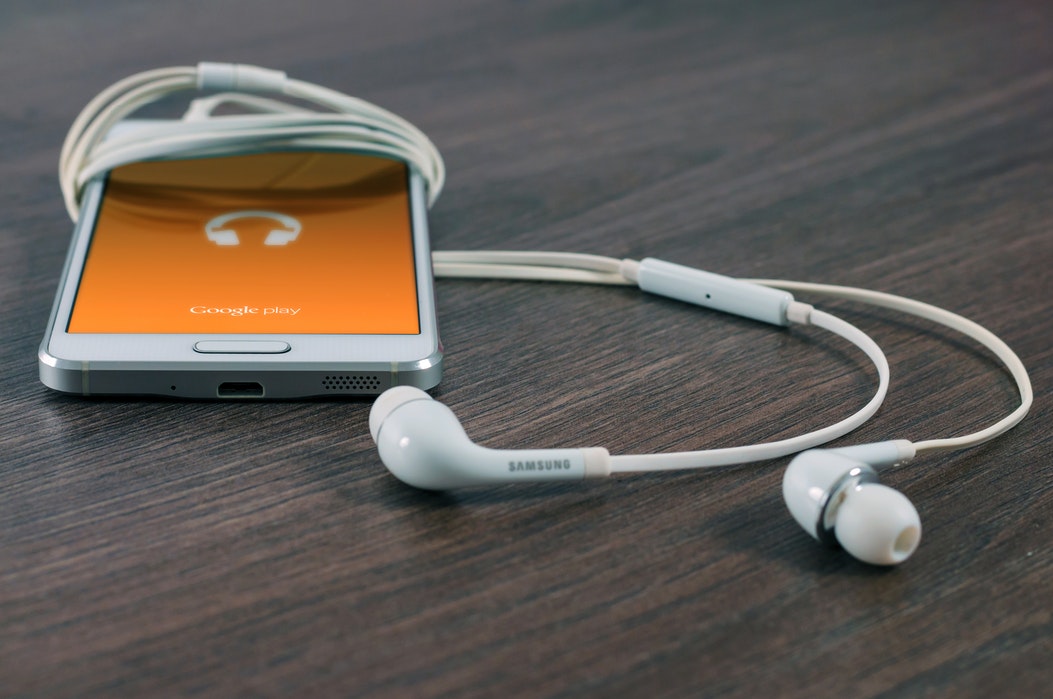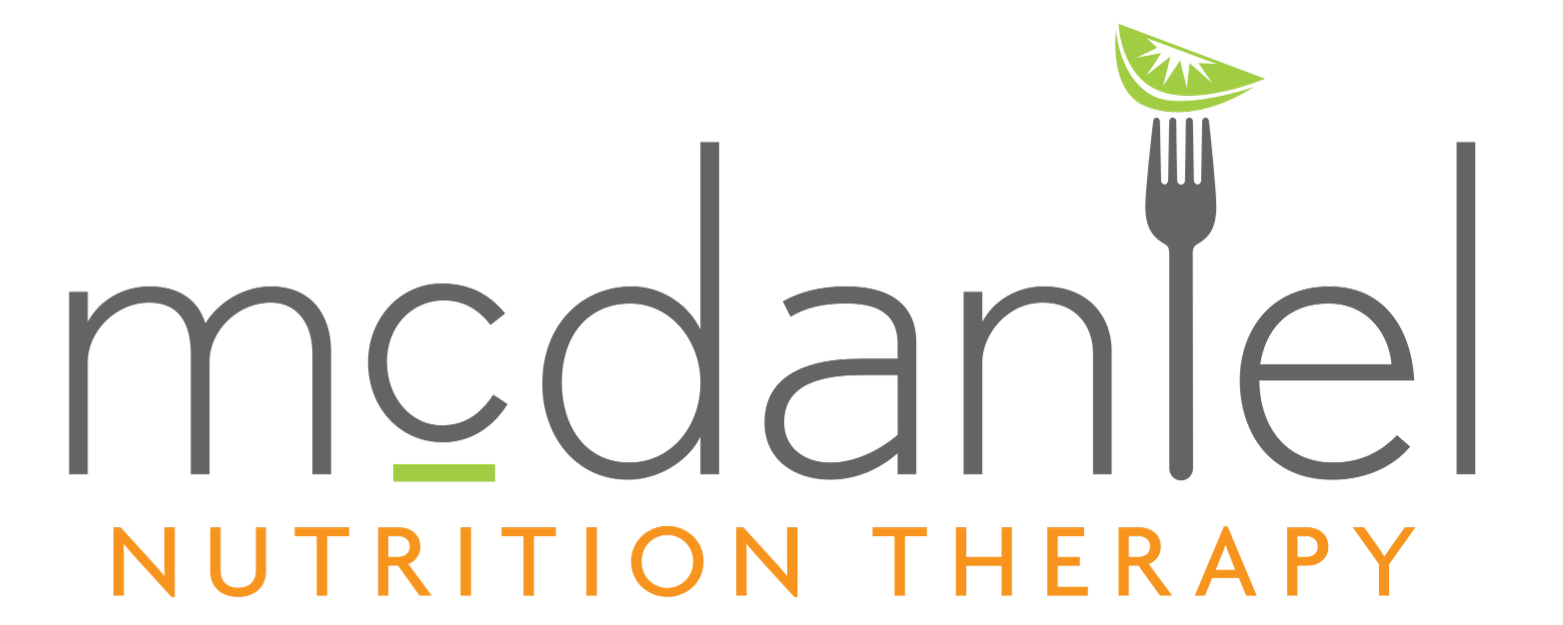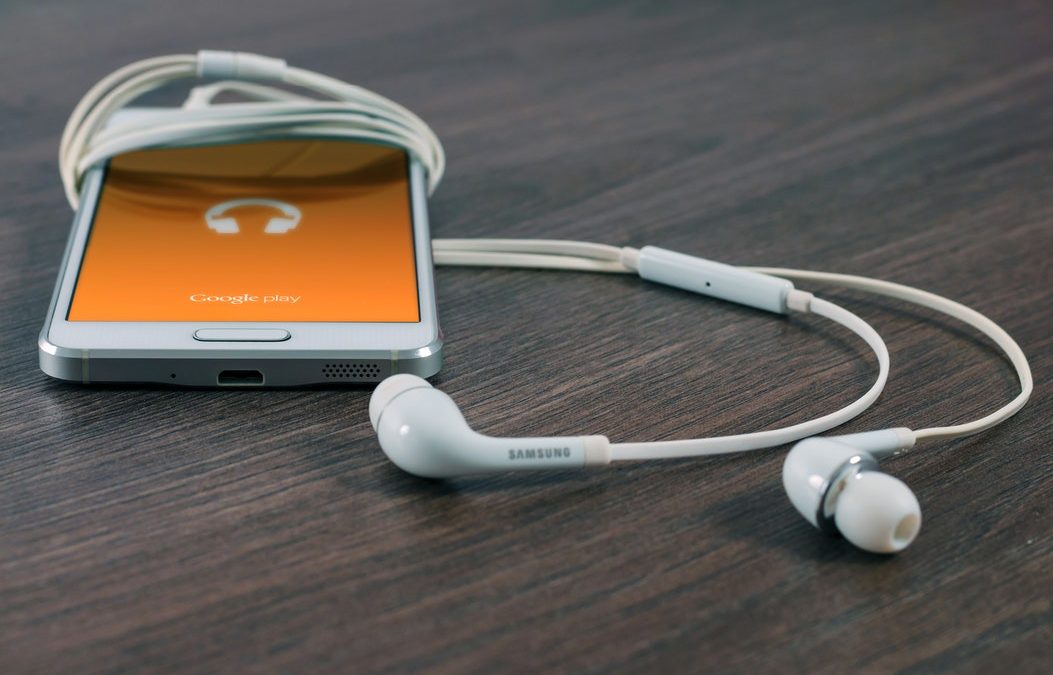Could matching the right weight loss app to your tendency support your wellness goals?
If you are curious about your personal “tendency,” check our recent post about Gretchen Rubin’s Four Tendencies. To recap, Rubin believes that we can all be classified into one of four types, based on how we respond to internal and external expectations. If you saw our post, you may recall that we’ve used this model in our practice to help us better understand how to help clients achieve their goals (and if haven’t read it, be sure to give It a quick skim and also to take this free quiz to determine your own tendency!).
One of the ways we use this framework is to identify other tools and resources that might increase the odds of success.
Case in point: technology. We recently visited our friends at STLMoms and Fox2Now to discuss our favorite health and fitness apps. There are so many great apps on the market, but what works well for one person may just burn up valuable storage space on someone else’s smartphone (or even worse, waste money).
 We thought it’d be fun to predict some good weight loss apps for you, our friend, based on your Tendency. Read on and let us know what you think and check out Jennifer’s segment the best weight loss apps.
We thought it’d be fun to predict some good weight loss apps for you, our friend, based on your Tendency. Read on and let us know what you think and check out Jennifer’s segment the best weight loss apps.
Upholders
Upholders were those “most likely to achieve” types in high school. Both driven and highly motivated, they typically conquer any task they attempt (even if no one else knows about it).
If upholders fail to achieve a goal, it may be because the dream is too big or the goal isn’t specific enough. One way to avoid this is to set goals that are SMART—specific, measurable, attainable, realistic, and time-bound.
Goals on Track is a subscription-based service ($68 per year) that’s designed to help users set, monitor, and achieve SMART goals. A free app (iOS and Google Play) helps you to track progress while on the go.
In terms of free wellness apps, upholders may feel gratified to see progress over time. One of the most popular weight loss apps for this is MyFitnessPal (iOS and Google Play, free with optional premium upgrade), which allows users to track food and water intake and exercise. Certainly, sharing goals with friends isn’t harmful to upholders, and MyFitnessPal provides the option of connecting with friends or other members of the MFP community for comradery.
Obligers
Obligers are most likely to achieve their goals that they share with others and can’t stand the possibility of letting others down. Recruiting a friend to join in on the fun, posting a resolution to social media, or simply telling a loved one about big plans increase the odds of success for obligers.
Like upholders, obligers may benefit from tracking on sites like MyFitnessPal. But obligers should absolutely connect with friends and community members, who can provide support and accountability.
Obligers are also more likely to succeed when they know someone is counting on them. One of our favorite apps for obligers (or anyone, really) is Charity Miles—a free activity tracker that allows you to earn money for your favorite charity just by being active! This creates that external motivation (which is so key for obligers!) to exercise.
Questioners
Questioners are very thoughtful about making life changes. They need a lot of information, and they only meet expectations that they think are justified.
As such, questioners aren’t content to simply know WHAT to do to improve health; they also need to know WHY one choice is healthier than another.
One of the newest technological resources to help answer these questions is the Sage Project. While not an app, the site provides a wealth of nutrition info in a fun, approachable, and visually pleasing way. Simply type in a food to learn about ingredients, allergens, nutrient density, nutrition data, and more.
Questioners who like their info on the go may want to check out Fooducate (free versions available in iOS and Google Play, with in-app purchases available). Fooducate grades food based on calorie quality, and provides diet education and tracking.
Rebels
Rebels don’t play by the rules and generally don’t like expectations, whether internal or external.
That’s not to say that rebels can’t set and achieve goals, or that they can’t build habits! Rebels may just be less inclined to use apps, particularly if using them feels like a chore.
According to Rubin, rebels can increase their chances of success by clearly stating their goals and expressing why those goals are important. But it also can’t hurt to make it a little fun.
Habitica (free versions in iOS and Google Play, with in-app purchases available) turns your habits into a game. The fun interface allows you to create a character that helps you to stay on track with your goals.
But maybe games aren’t your thing? Are you (like many rebels) more motivated to achieve a goal when someone tells you it’s not possible? You may want to give Betchyu (iOS and Google Play) a try. Here’s how it works: You set a goal and tell your friends about it. If you achieve that goal, your friends pay you. If you don’t, you have to pay your friends. In other words, stakes are high!
So what do you think, friends? Have you taken the quiz and/or tried any of these apps? What are your favorites?

